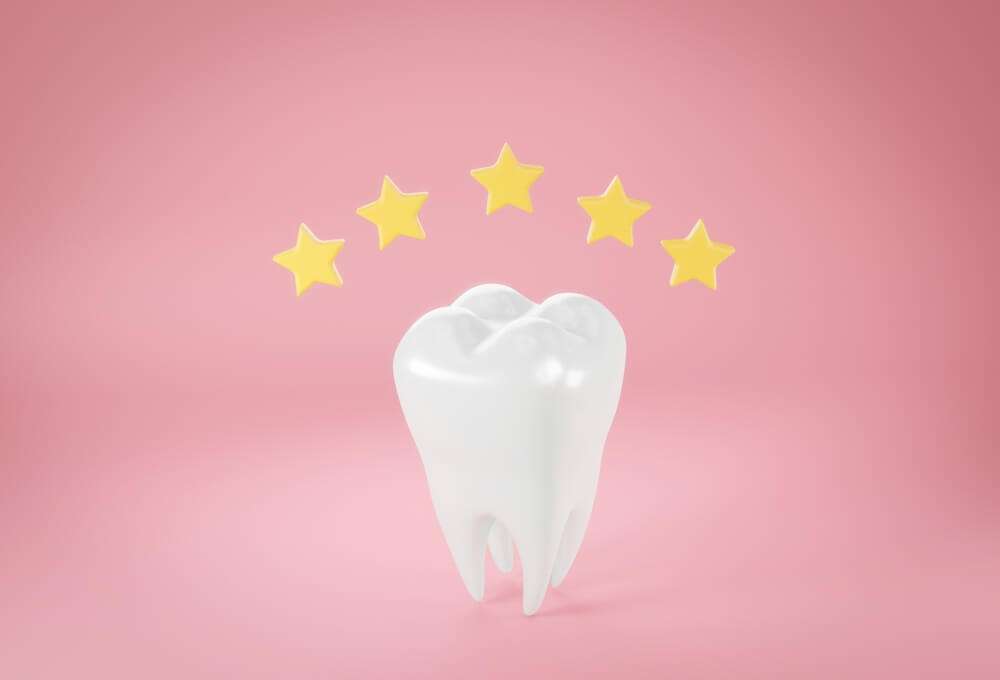Introduction of Sensitive Teeth:
Tooth sensitivity is a common dental problem characterized by a sharp, sudden pain or discomfort when consuming hot, cold, sweet, or acidic foods and beverages, or when exposed to cold air. This sensitivity can range from mild to severe and can significantly impact daily activities such as eating, drinking, and brushing. While tooth sensitivity is often a sign of underlying dental issues such as enamel erosion or gum recession, there are several effective strategies for alleviating discomfort and improving oral comfort. In this comprehensive guide, we’ll explore the causes of tooth sensitivity, discuss practical tips for managing and preventing sensitivity, and provide insights into when to seek professional dental care.
Understanding the Causes of Tooth Sensitivity:
Tooth sensitivity occurs when the underlying dentin, the layer of the tooth beneath the enamel, becomes exposed or compromised. This can happen due to various factors, including:
1. Enamel Erosion:
Enamel erosion occurs when the protective outer layer of the tooth, known as enamel, wears away due to acidic foods and beverages, abrasive toothpaste, or aggressive brushing. As enamel wears down, the underlying dentin becomes exposed, leading to increased sensitivity to hot, cold, sweet, and acidic stimuli.
2.Gum Recession:
Gum recession refers to the gradual loss of gum tissue, which can expose the sensitive root surfaces of the teeth. Receding gums can be caused by factors such as periodontal disease, aggressive brushing, or aging. When the tooth roots are exposed, they become susceptible to sensitivity and discomfort, especially when exposed to hot, cold, or sweet substances.
3.Tooth Decay:
Tooth decay, or cavities, can also cause tooth sensitivity when the decay reaches the inner layers of the tooth, known as dentin and pulp. Bacteria in the mouth produce acids that can erode tooth enamel and create cavities, leading to sensitivity and pain when consuming certain foods or beverages.
4.Teeth Grinding (Bruxism):
Teeth grinding, or bruxism, can wear down the enamel of the teeth over time, leading to increased sensitivity and discomfort. Grinding or clenching the teeth places excessive pressure on the tooth enamel, causing it to wear away and expose the underlying dentin.
5.Dental Procedures:
Certain dental procedures, such as tooth whitening treatments, dental cleanings, or restorative procedures like fillings or crowns, can cause temporary tooth sensitivity. This sensitivity typically resolves on its own within a few days to a week but may require additional treatment or intervention in some cases.
Practical Tips for Alleviating Tooth Sensitivity:
1. Use a Desensitizing Toothpaste:
Desensitizing toothpaste contains ingredients such as potassium nitrate or fluoride, which help block pain signals and reduce sensitivity. Use a desensitizing toothpaste as part of your daily oral hygiene routine to alleviate discomfort and protect against further sensitivity.
2. Avoid Acidic Foods and Beverages:
Limit consumption of acidic foods and beverages such as citrus fruits, sodas, and vinegar-based dressings, which can erode tooth enamel and exacerbate sensitivity. Opt for less acidic alternatives or consume acidic foods and drinks in moderation to protect your teeth.
3. Practice Gentle Brushing Techniques:
Brush your teeth gently using a soft-bristled toothbrush and fluoride toothpaste. Avoid aggressive brushing or using a hard-bristled toothbrush, as this can further damage enamel and increase sensitivity. Use gentle, circular motions to clean all surfaces of the teeth and gums effectively.
4. Use a Fluoride Mouthwash:
Rinse your mouth with a fluoride mouthwash after brushing to strengthen tooth enamel and reduce sensitivity. Fluoride helps remineralize enamel and protect against decay, making it an effective tool for managing tooth sensitivity.
5. Avoid Teeth Grinding:
If you grind your teeth at night, consider wearing a custom-fitted mouthguard to protect your teeth from wear and tear. A mouthguard creates a protective barrier between the upper and lower teeth, preventing damage to the enamel and reducing sensitivity.
6. Maintain Good Oral Hygiene:
Practice regular oral hygiene habits such as brushing twice a day, flossing daily, and using mouthwash to keep your teeth and gums healthy. Proper oral hygiene can help prevent dental issues such as cavities and gum disease, which can contribute to tooth sensitivity.
7. Schedule Regular Dental Check-ups:
Visit your dentist regularly for routine check-ups and cleanings to monitor your oral health and address any underlying issues that may be causing sensitivity. Your dentist can provide personalized recommendations and treatments to alleviate discomfort and improve oral comfort.
8. Consider Professional Treatments:
In some cases, professional dental treatments may be necessary to address tooth sensitivity effectively. These treatments may include dental bonding, fluoride varnish applications, dental sealants, or root canal therapy, depending on the underlying cause of sensitivity.
When to Seek Professional Dental Care:
While mild tooth sensitivity may be manageable with at-home remedies, persistent or severe sensitivity may indicate an underlying dental problem that requires professional attention. You should seek prompt dental care if you experience:
- Severe or prolonged tooth sensitivity
- Tooth pain or discomfort when biting or chewing
- Swelling or inflammation of the gums
- Visible signs of tooth decay or damage
- Persistent bad breath or an unpleasant taste in the mouth
Conclusion:
Tooth sensitivity can be a frustrating and uncomfortable dental issue, but with the right approach, it can be effectively managed and alleviated. By understanding the causes of tooth sensitivity, practicing preventive oral care habits, and seeking professional dental care when needed, you can reduce discomfort and improve your overall oral health. Remember to be proactive about addressing tooth sensitivity and consult with your dentist if you have any concerns or questions about your dental health. With proper care and attention, you can enjoy a healthy, pain-free smile for years to come.



